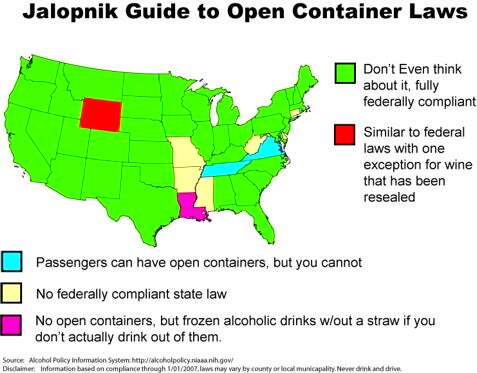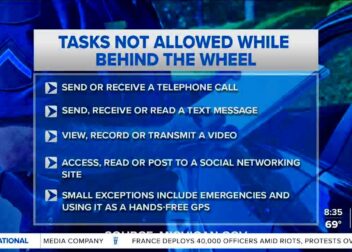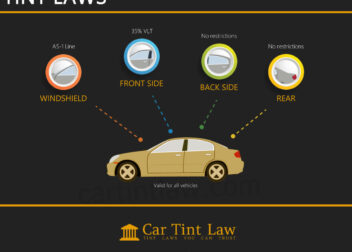Iowa Open Container Law and What It Means for You
The Iowa Open Container Law is designed to promote safe driving and reduce alcohol-related accidents. This law prohibits the possession of open alcoholic beverage containers in certain areas, especially in vehicles. Understanding this law is important for both residents and visitors to Iowa, as violations can lead to legal penalties. In this section, we’ll break down the key points of the law, helping you grasp its significance and the consequences of not adhering to it.
What is Considered an Open Container
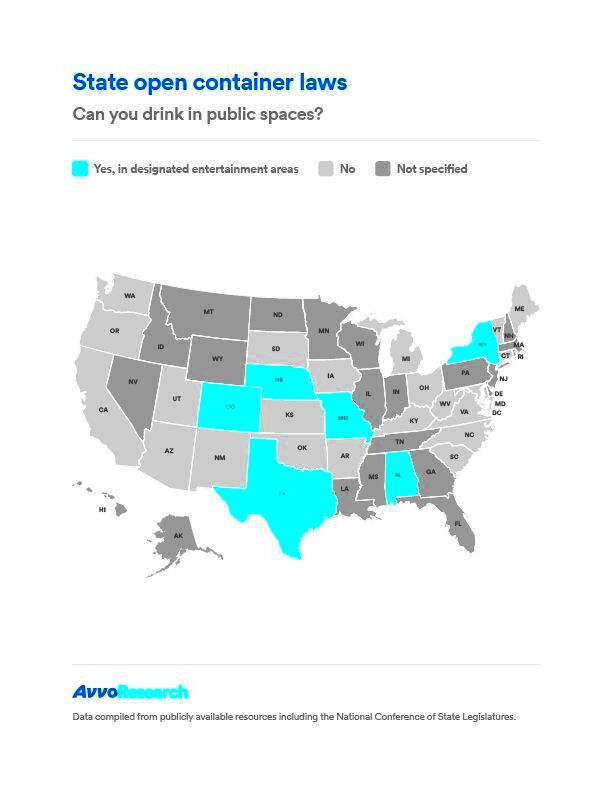
An open container refers to any container that holds an alcoholic beverage and is not sealed. This includes bottles, cans, and any other type of vessel that is either partially full or fully empty but has been opened. Here are some examples of what qualifies as an open container:
- Bottles of beer that have been opened
- Cans of soda that contain alcohol, once opened
- Any drink in a glass that is not sealed
It’s important to note that even if the container is empty, if it was previously opened and contained alcohol, it can still be considered an open container. Understanding this definition helps ensure compliance with the law while you’re on the road or in public areas.
Restrictions on Open Containers in Iowa
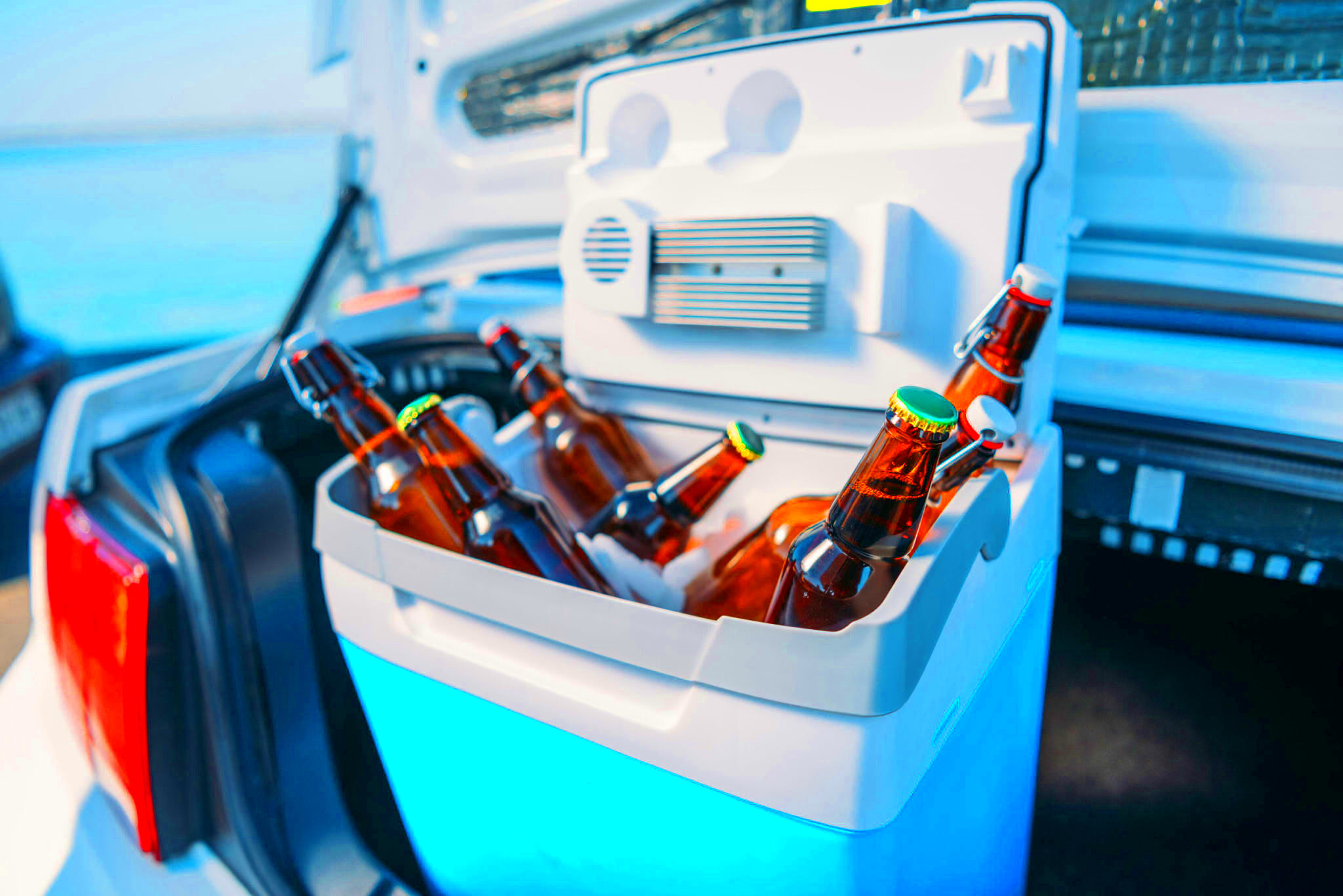
Iowa law places specific restrictions on open containers to ensure public safety. Here’s a breakdown of these restrictions:
- Vehicles: In Iowa, it is illegal for drivers and passengers to possess an open container of alcohol while in a vehicle. This applies to all types of vehicles, including cars, trucks, and motorcycles.
- Public Areas: Open containers are generally not allowed in public areas such as parks, streets, and sidewalks unless designated areas allow it during special events.
- Exceptions: There are exceptions for certain situations, such as when a passenger is in a bus or other vehicle specifically authorized to transport alcohol.
Failure to adhere to these restrictions can result in fines and other legal repercussions. It’s essential to be aware of where and when you can have open containers to avoid unnecessary trouble.
Penalties for Violating the Open Container Law
Violating the Iowa Open Container Law can lead to serious consequences. Knowing these penalties helps you understand the risks associated with non-compliance. If you’re caught with an open container in a vehicle, whether you’re the driver or a passenger, you could face various penalties.
Here’s what you might expect:
- Fines: The primary penalty is a fine. In Iowa, the fine for possessing an open container in a vehicle can range from $100 to $500, depending on the circumstances.
- Points on Driving Record: You may also receive points on your driving record. Accumulating too many points can lead to additional penalties, including increased insurance rates.
- Community Service: In some cases, offenders might be required to complete community service hours.
Additionally, if you have prior violations or are found to be under the influence while having an open container, the penalties can escalate significantly. Understanding these consequences is crucial to avoid running into legal trouble.
Exceptions to the Open Container Law
While the Iowa Open Container Law is strict, there are some exceptions to the rules. Knowing these exceptions can help you navigate social situations without worry. Here are a few key scenarios where the law may not apply:
- Passenger Buses: Passengers on chartered buses or limousines may be allowed to consume alcohol, provided the driver is not drinking.
- Special Events: Some public events, such as festivals or concerts, may have designated areas where open containers are permitted.
- Private Property: Having an open container is generally acceptable on private property, such as your own home or at a private party, as long as you’re not in a vehicle.
Always check local regulations and event rules to avoid confusion. Being aware of these exceptions allows you to enjoy gatherings responsibly.
How Open Container Laws Affect Drivers and Passengers
The Open Container Law impacts everyone in a vehicle, not just the driver. Understanding how these laws affect both drivers and passengers is vital for responsible behavior on the road. Here’s what you need to know:
- Driver Responsibility: The driver holds primary responsibility for the vehicle’s occupants. If an open container is present, the driver can face legal repercussions, even if they were not drinking.
- Passenger Awareness: Passengers should be aware of the law too. If a passenger is found with an open container, they can also face fines.
- Impact on Safety: These laws are designed to promote safety on the roads. When passengers consume alcohol, it can lead to distractions and potentially dangerous situations for everyone involved.
Ultimately, understanding the Open Container Law helps create a safer environment for all road users. Whether you’re driving or riding, being informed ensures that everyone remains safe and compliant.
Tips for Complying with the Open Container Law
Complying with the Iowa Open Container Law is essential for ensuring a safe and enjoyable experience while traveling. Here are some practical tips to help you stay on the right side of the law:
- Know the Law: Familiarize yourself with the specific provisions of the Open Container Law in Iowa. Understanding what constitutes an open container can help prevent accidental violations.
- Plan Ahead: If you’re going out, plan your transportation. Use designated drivers, rideshare services, or public transportation if you plan to drink.
- Keep Alcohol Sealed: If you’re traveling with alcohol in your vehicle, ensure it’s sealed. Store it in the trunk or in an area not accessible to passengers.
- Communicate with Passengers: Make sure everyone in the vehicle understands the rules. Having clear communication can prevent misunderstandings.
- Stay Informed About Events: If attending a public event, check for specific rules regarding alcohol consumption. Some venues may allow open containers, while others do not.
By following these tips, you can enjoy your outings while adhering to the law and avoiding legal troubles.
Impact of Open Container Laws on Public Events
Open Container Laws significantly influence how public events are managed in Iowa. These laws help ensure that gatherings remain safe and enjoyable for everyone. Here are some key points about their impact:
- Event Regulations: Many public events, such as festivals or concerts, have specific regulations regarding open containers. Organizers often create designated areas where alcohol consumption is permitted.
- Safety Measures: These laws help reduce alcohol-related incidents. By restricting open containers, event organizers can maintain a safer environment for attendees.
- Permits for Special Events: Organizers often need to obtain permits for events where open containers are allowed. This ensures that proper safety measures are in place.
- Encouraging Responsible Drinking: By regulating where and when alcohol can be consumed, these laws encourage responsible drinking practices among attendees.
Overall, Open Container Laws play a crucial role in shaping the atmosphere of public events, balancing enjoyment with safety.
Frequently Asked Questions
Here are some common questions about the Iowa Open Container Law, along with their answers:
- What is an open container?
An open container is any alcoholic beverage container that has been opened, including bottles and cans, whether full or partially full. - Can I have an open container in my car?
No, Iowa law prohibits open containers in vehicles for both drivers and passengers. - Are there any exceptions to the law?
Yes, exceptions exist for chartered buses and designated areas during special events. - What happens if I violate the Open Container Law?
Violating the law can lead to fines, points on your driving record, and potential community service. - How can I ensure compliance with the law?
Plan ahead by using designated drivers, keeping alcohol sealed in the trunk, and staying informed about event regulations.
These FAQs address some common concerns, helping you stay informed and compliant with the Open Container Law.
Conclusion
Understanding the Iowa Open Container Law is essential for anyone who enjoys social events, dining out, or simply traveling in vehicles. By knowing what constitutes an open container and the specific restrictions in place, you can avoid unnecessary legal issues. The penalties for violating this law can be severe, including fines and points on your driving record, so it’s crucial to stay informed. Complying with the law not only helps you avoid fines but also promotes safer roadways for everyone. By following the tips outlined in this guide, you can enjoy your outings responsibly and be mindful of your legal obligations. Remember, staying educated about the law ensures that everyone can have a good time without the worry of running into trouble.
